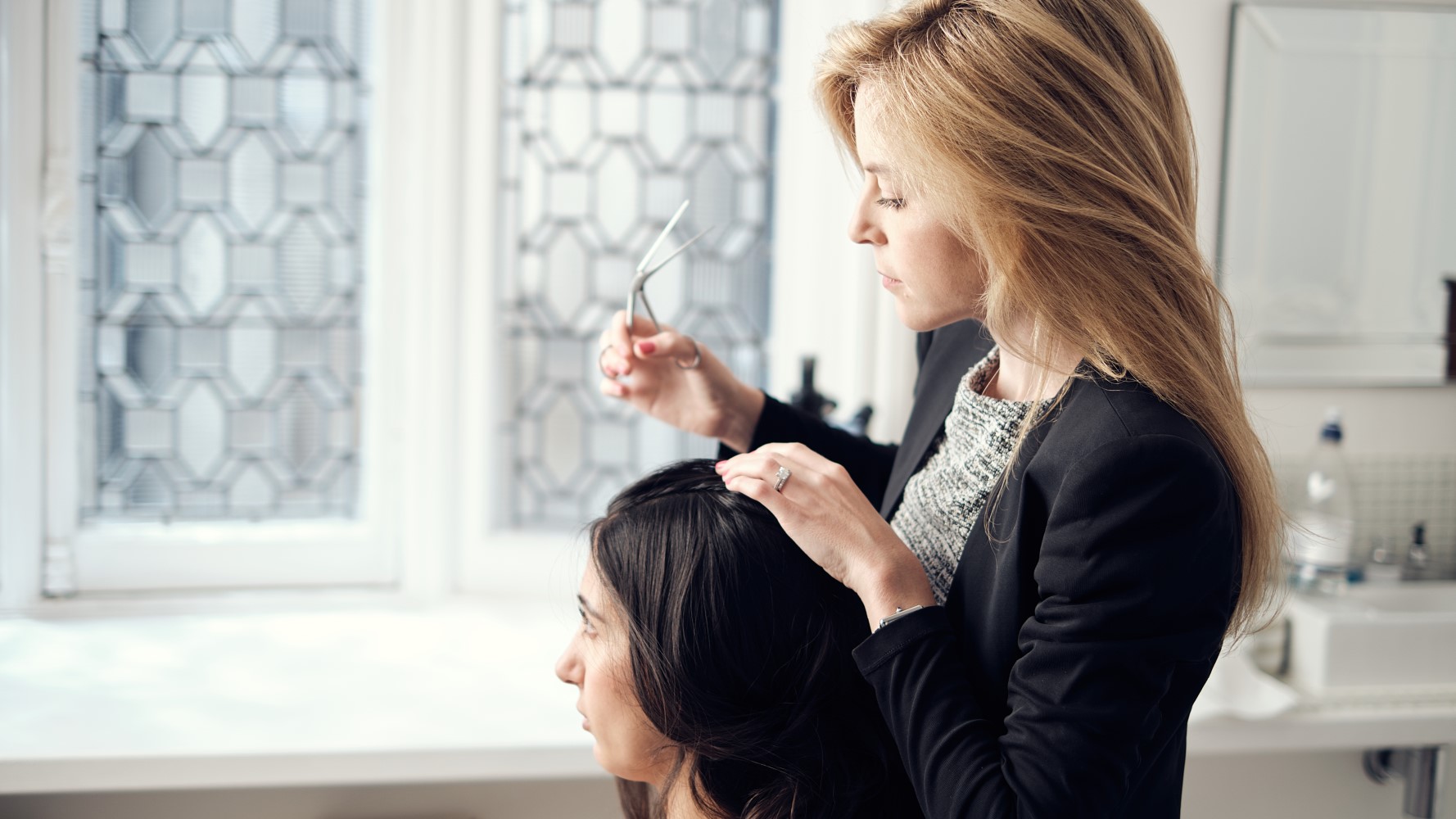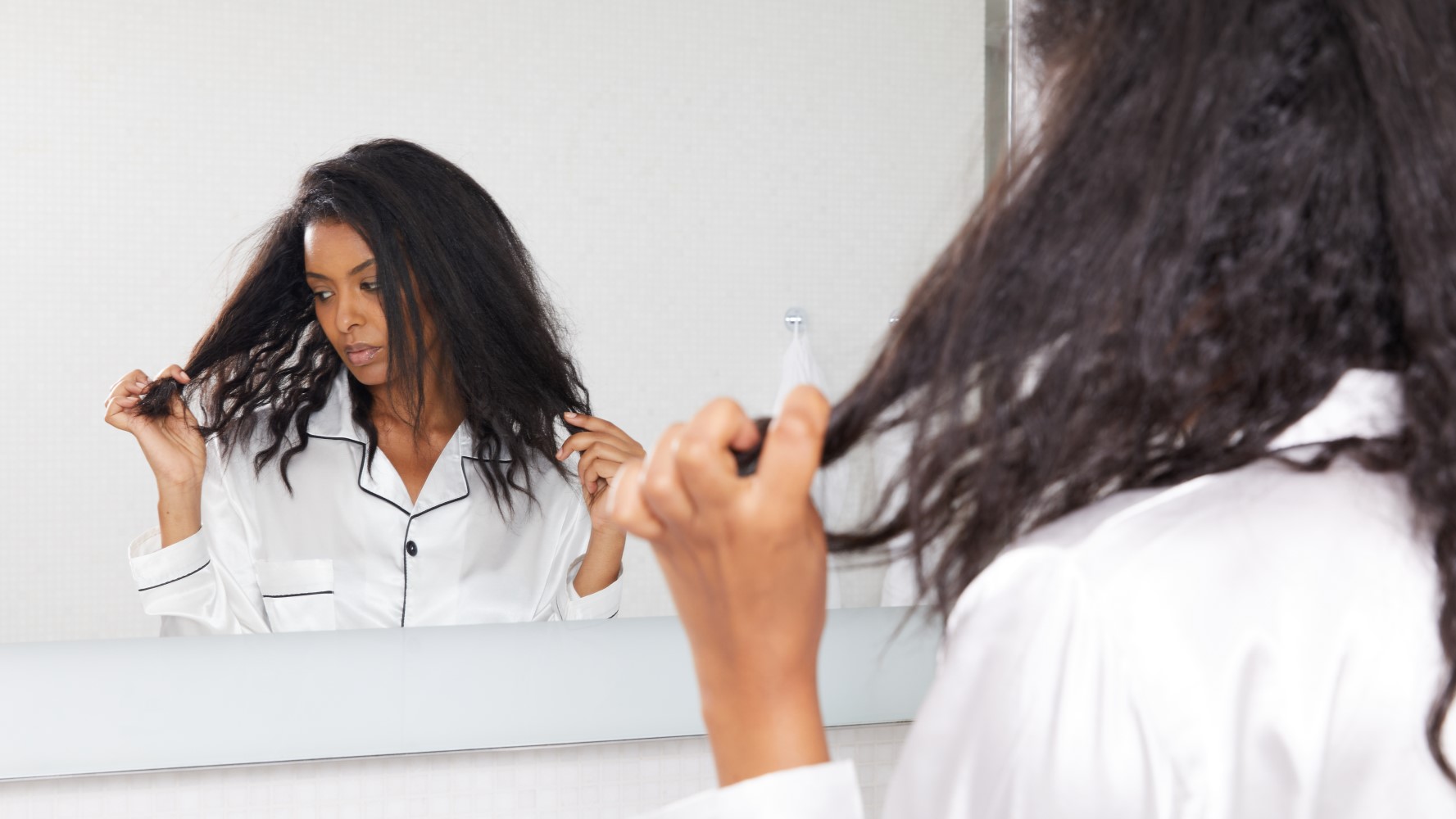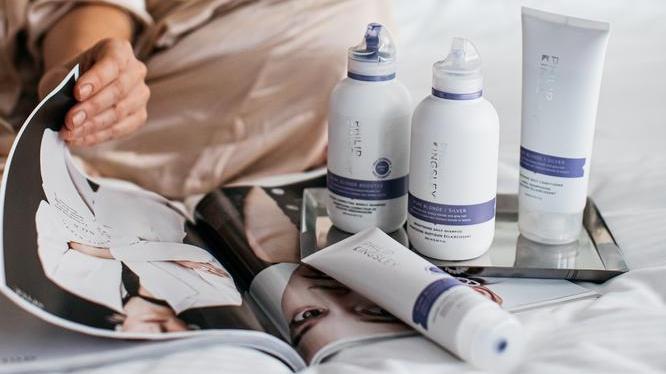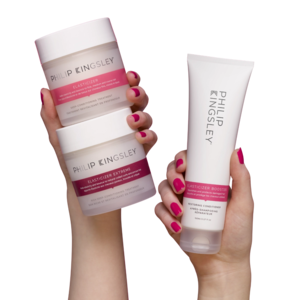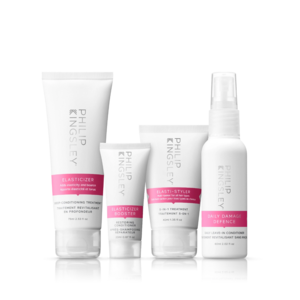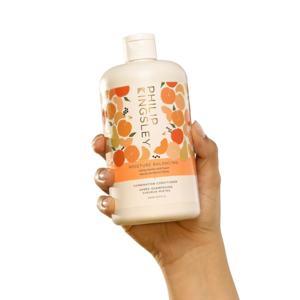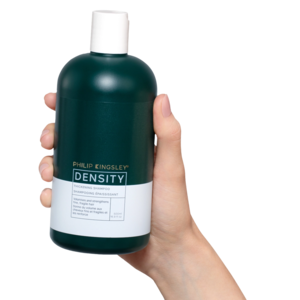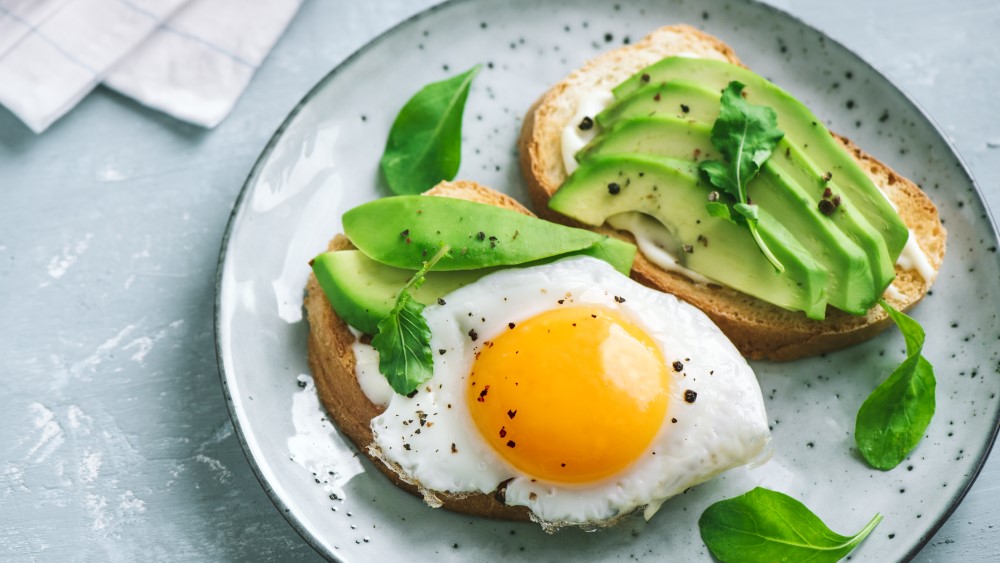CLINIC CONSULTATIONS
To find out more about how you can maximise your hair health and growth, come and see us at one of our Clinics where we will be delighted to welcome you.
Overview
Inside our Trichological Clinics, we are frequently asked about foods for hair growth, whether there is such a thing as a ‘healthy hair diet’ and whether food can have an impact on hair and scalp health. The answer? Your diet is hugely important when it comes to the health of your hair, for many reasons. Read on for the science as to why…
Your hair cells are the second fastest-dividing cells in your body (second only to intestinal cells). To add to this, you have roughly 120,000 hairs on your scalp, all of which need nourishment in order to grow. But because hair is not regarded as a vital organ or tissue, your body will never prioritise its nutritional needs. So, due to hair’s expendable nature, a nutritional imbalance will often manifest itself first in the form of hair loss.
Both deficiencies and excesses of certain things in your diet can result in hair loss. For example, in our London and New York Clinics, we often see hair loss caused by iron and ferritin (stored iron) deficiency. On the other hand, we have also seen hair loss resulting from an overload of Vitamin A (found in foods such as oily fish, liver and cheese).
What to Eat for Healthy Hair
Today, many people have been led to believe that a ‘healthy diet’ often does not include all the elements needed for optimum hair growth and hair health. These include diets that consist mainly of fruits, vegetables and salads, with only minimal amounts of protein and calories; or, on the other end of the spectrum, diets that are high in protein and fat, with few or no carbohydrates. Your hair cells — as well as the cells throughout your body — need a balance of proteins, complex carbohydrates, vitamins and minerals to function at their best.
When it comes to the best foods for hair growth, for breakfast and lunch we suggest including at least a palm-sized portion of any protein (like fish, chicken, lean meat, eggs, quinoa, nuts or pulses) together with a portion of complex carbohydrates (such as whole wheat toast, skin-on potatoes, oats, barley, brown rice or pasta).
Nutritional Musts for your Hair
In terms of nutritional habits and foods that promote hair growth, there are a number of daily must do's that will maximise your hair's potential for healthy growth and looking its best. We recommend incorporating the following tips as part of your daily routine:
- Always eat breakfast
Breakfast is the most important meal of the day for your body — and your hair. Energy to form hair cells is lowest first thing in the morning (or whenever you wake up!) so eat a balanced and nutritious breakfast consisting of proteins and complex carbohydrates, to give your hair a nutritional boost. - Stay hydrated
Try to drink approximately 1.5-2 litres of water a day, depending on your activity level and climate. Your scalp, just like your skin, can become dehydrated, making for a poor growing environment, so it’s important to keep your h2o levels topped up throughout the day. - Snack smart
The energy to form hair cells drops four hours after you eat a meal. To sustain energy levels to your follicles, snack between meals on a complex carbohydrate, such as fruit, vegetables, whole meal bread or whole meal crackers. - Eat enough protein
Your hair is composed primarily of protein (a type called keratin), so including adequate amounts in your diet is vital for hair growth. We suggest eating a portion of high-protein food with every breakfast and lunch — fish, chicken, lean meat, eggs, beans, quinoa, tofu, seitan, legumes, nuts or Greek yoghurt are all good sources, making them the perfect hair growth foods. - Consume enough iron
Ferritin (stored iron) levels are extremely important for hair growth. If your diet allows it, try to eat lean red meat at least twice a week— this is especially important for women who are menstruating. Otherwise, try adding an iron nutritional supplement to your diet (but please note: it is best to take nutritional supplements as guided by your doctor or Trichologist, as some nutrients can be harmful if consumed in excess of requirements). - Crush on Vitamin C
Did you know that iron can only be absorbed effectively if you are ingesting it alongside Vitamin C? Drink a glass of freshly squeezed orange juice or eat one of your favourite fruits or vegetables to help with iron uptake. - Add milk to your tea
Research has shown that drinking black tea can increase the likelihood of anaemia. This is because without milk, the tannins in tea are left free to bind with iron in your body and can therefore deplete your iron stores. To prevent this from happening, always add a splash of skimmed or semi-skimmed milk to your tea. - Be wary of (too much) dairy
Dairy products are a great source of calcium. However, if you are prone to dandruff, eczema or psoriasis, dairy can exacerbate the condition, so try limiting your cheese and whole milk consumption if this is the case. - Eat a varied diet
Try not to choose the same meals or foods every day. Eating a varied diet will help ensure you are getting a wide range of essential vitamins and minerals.

